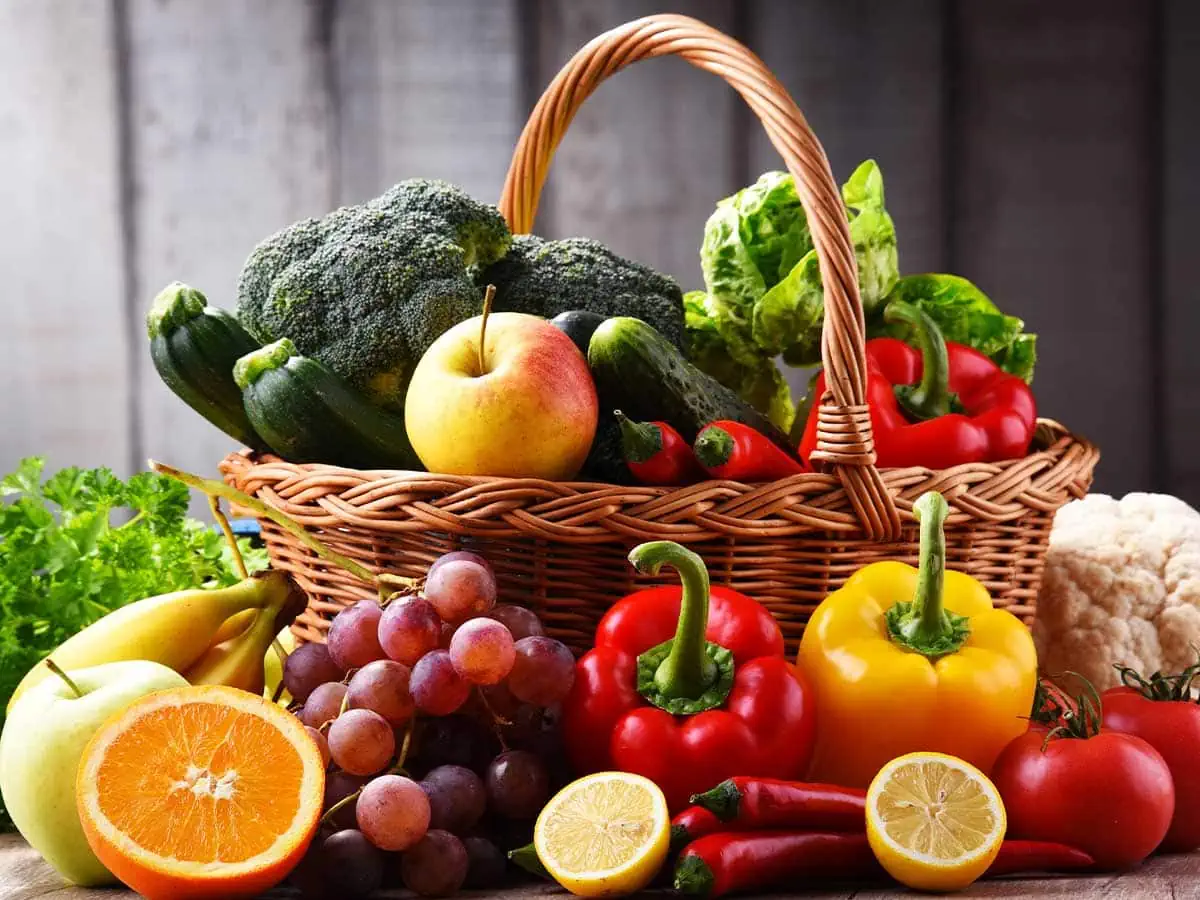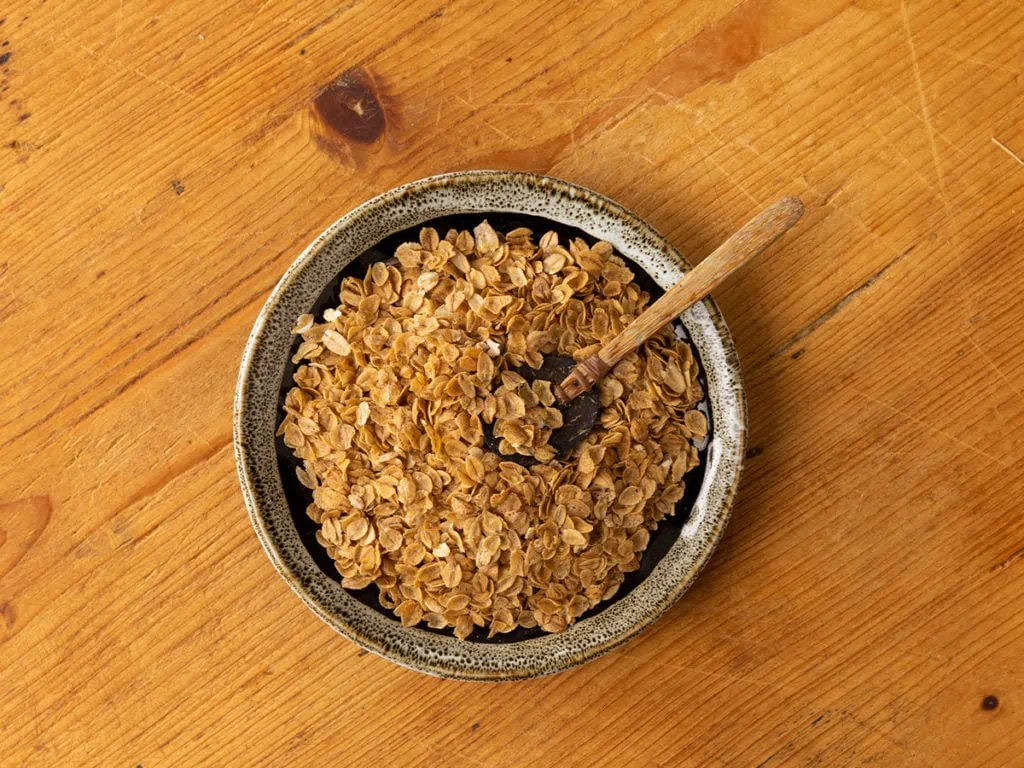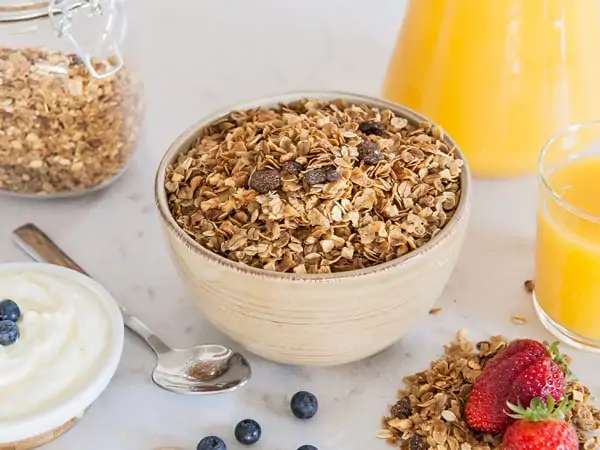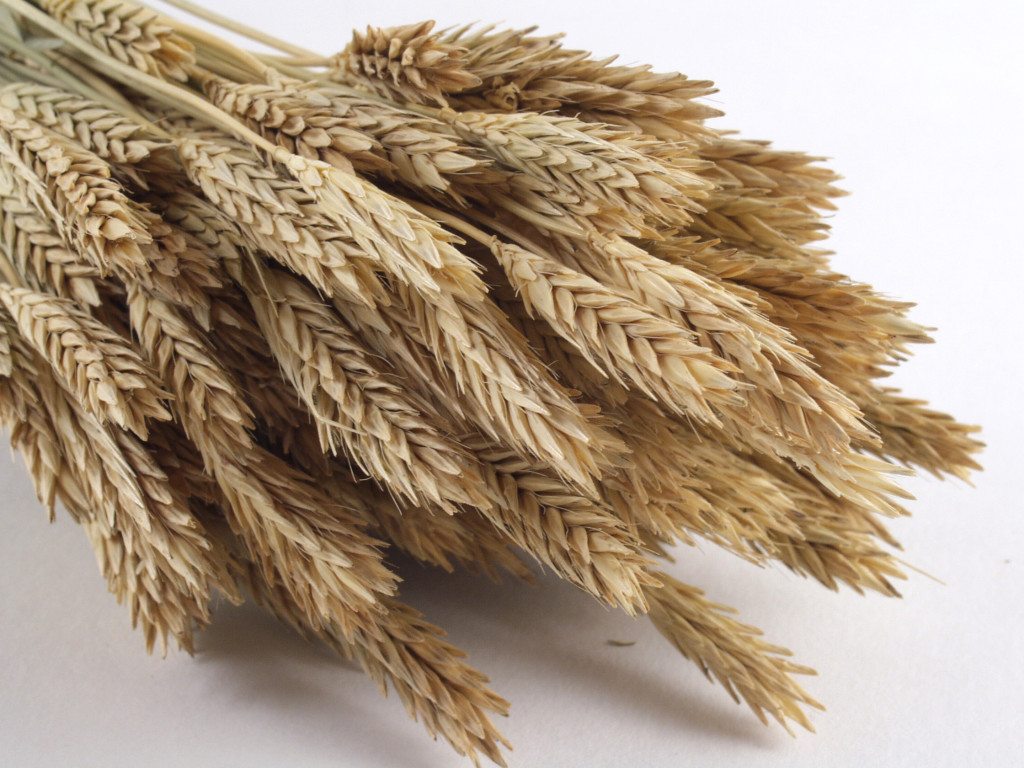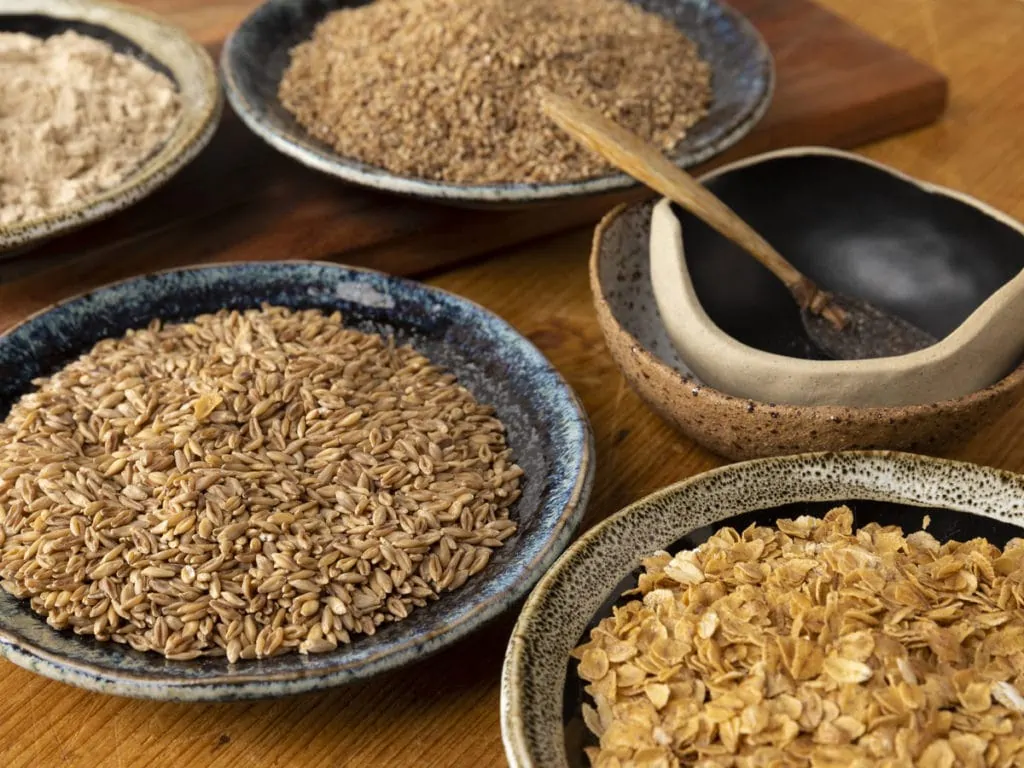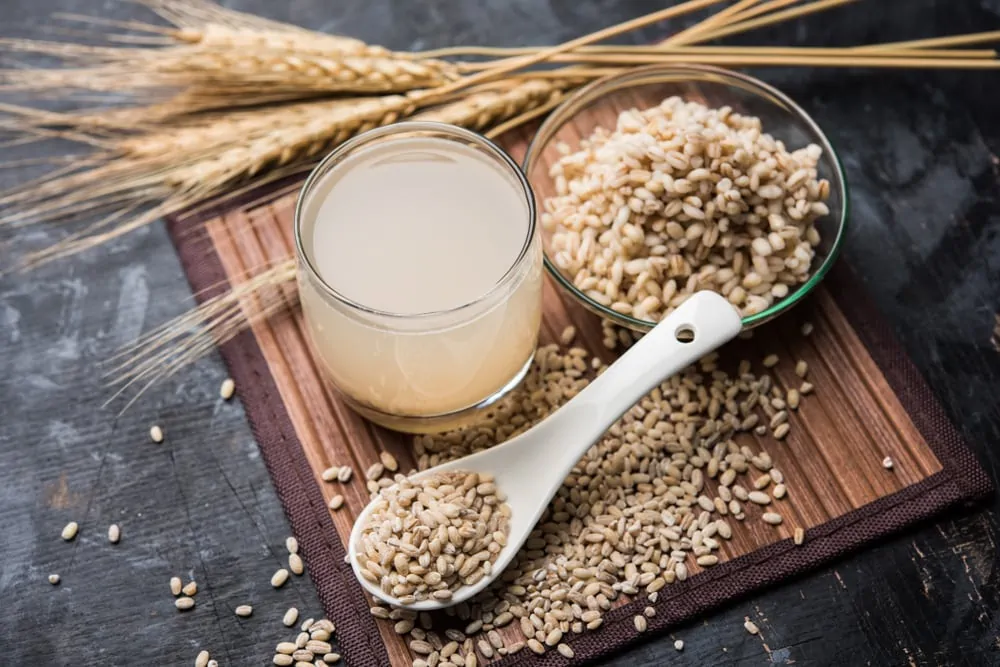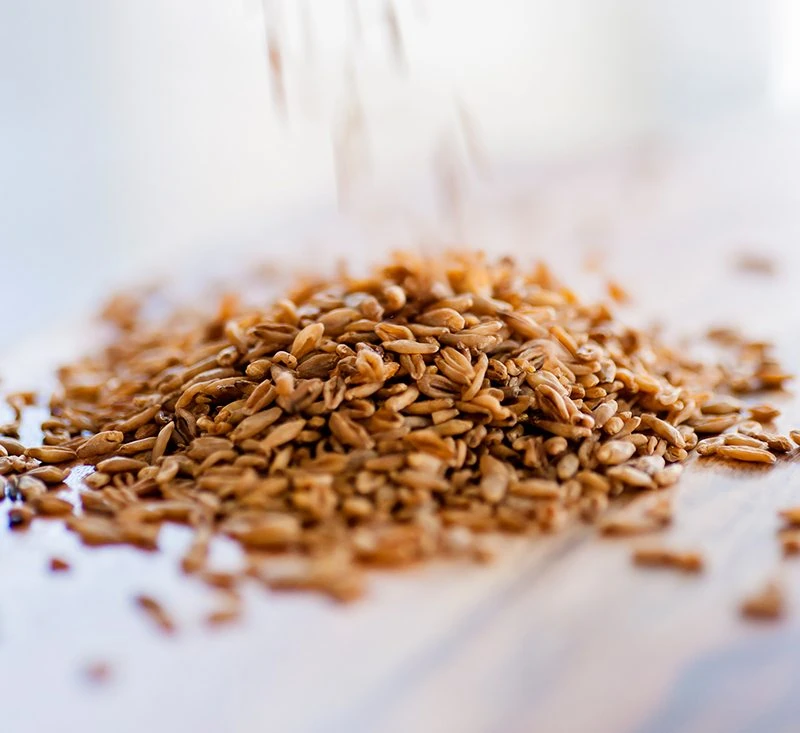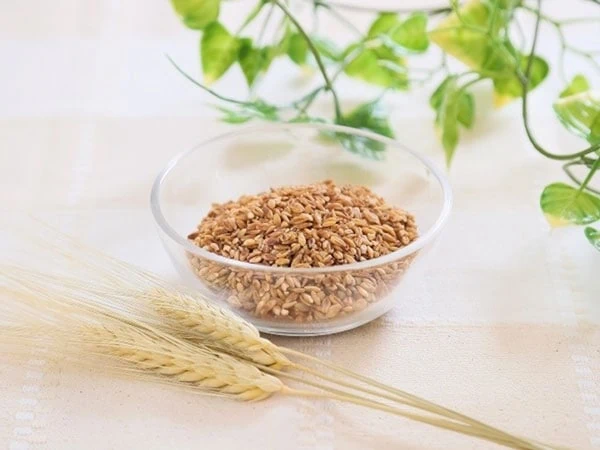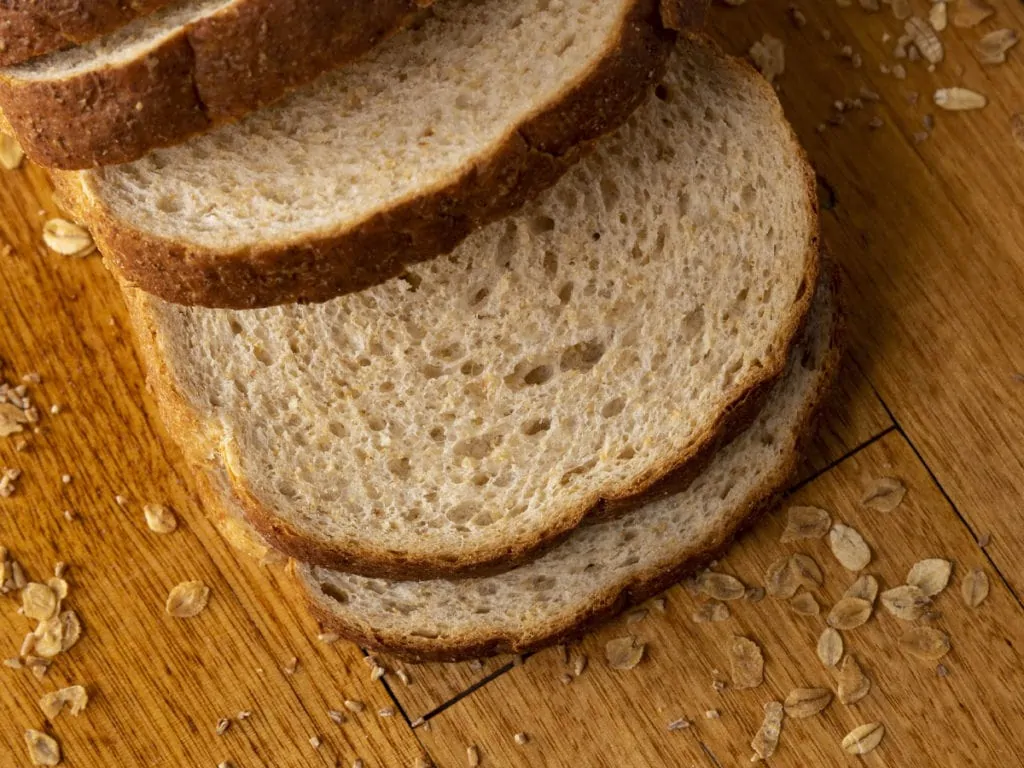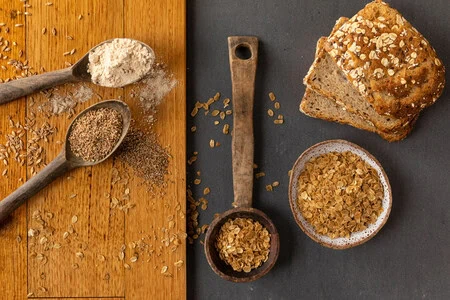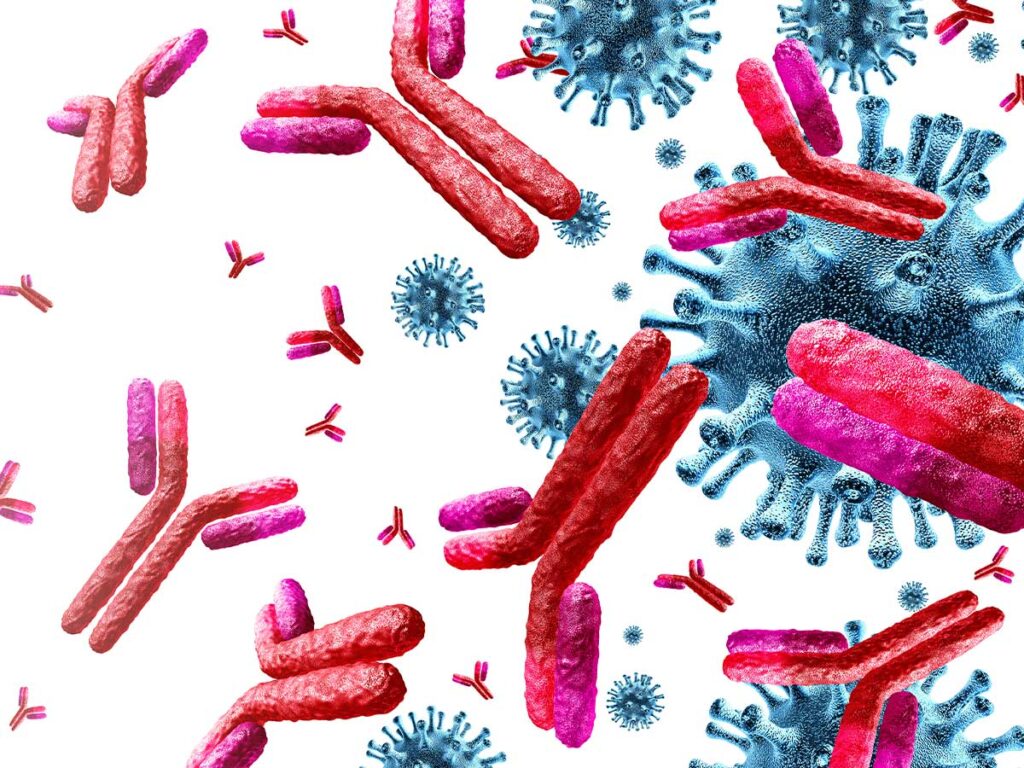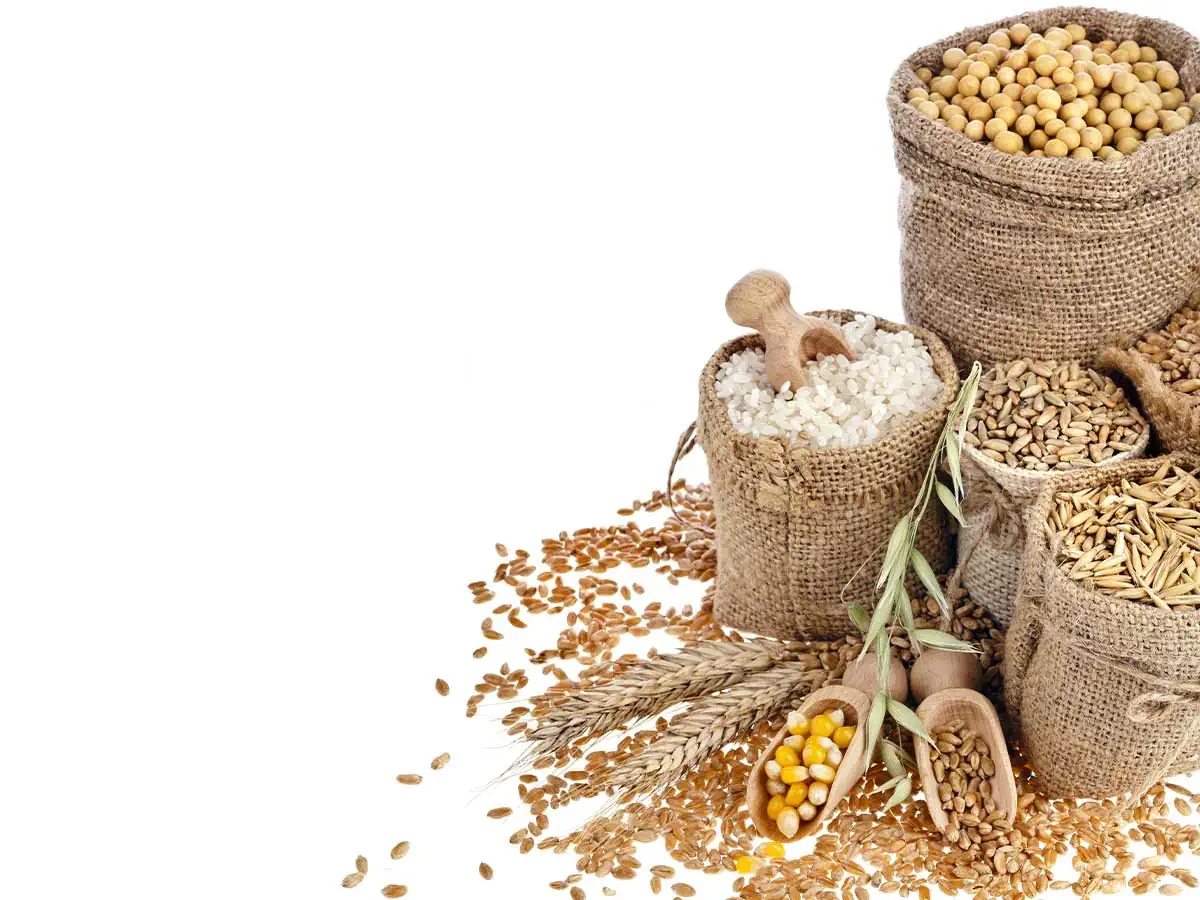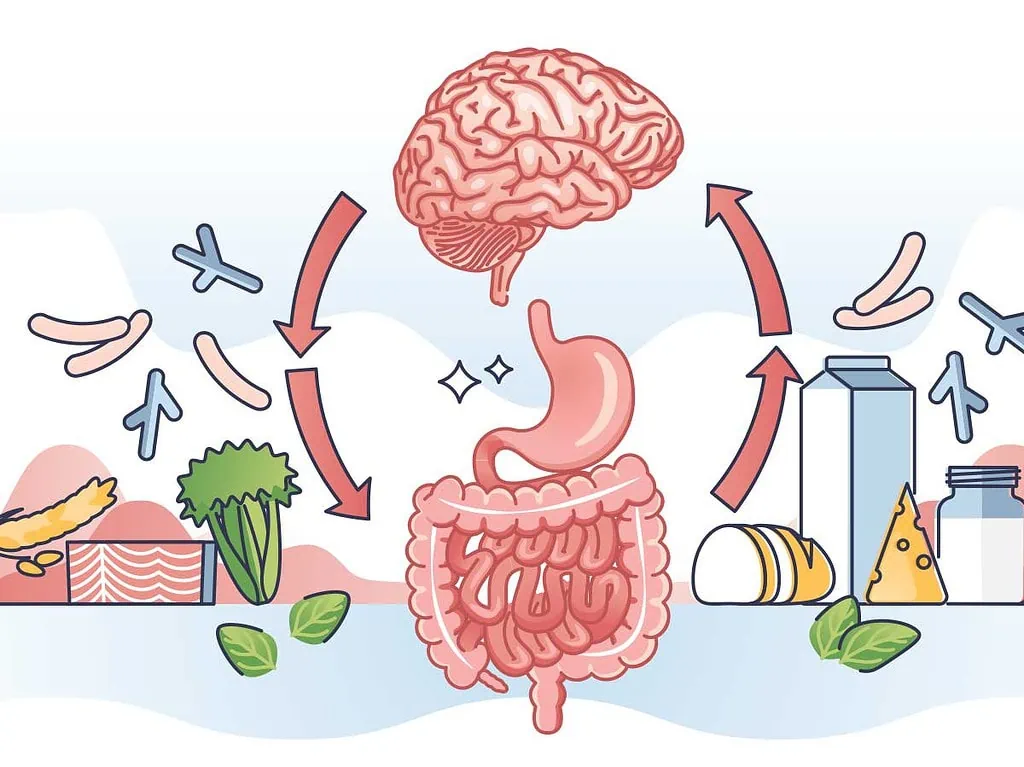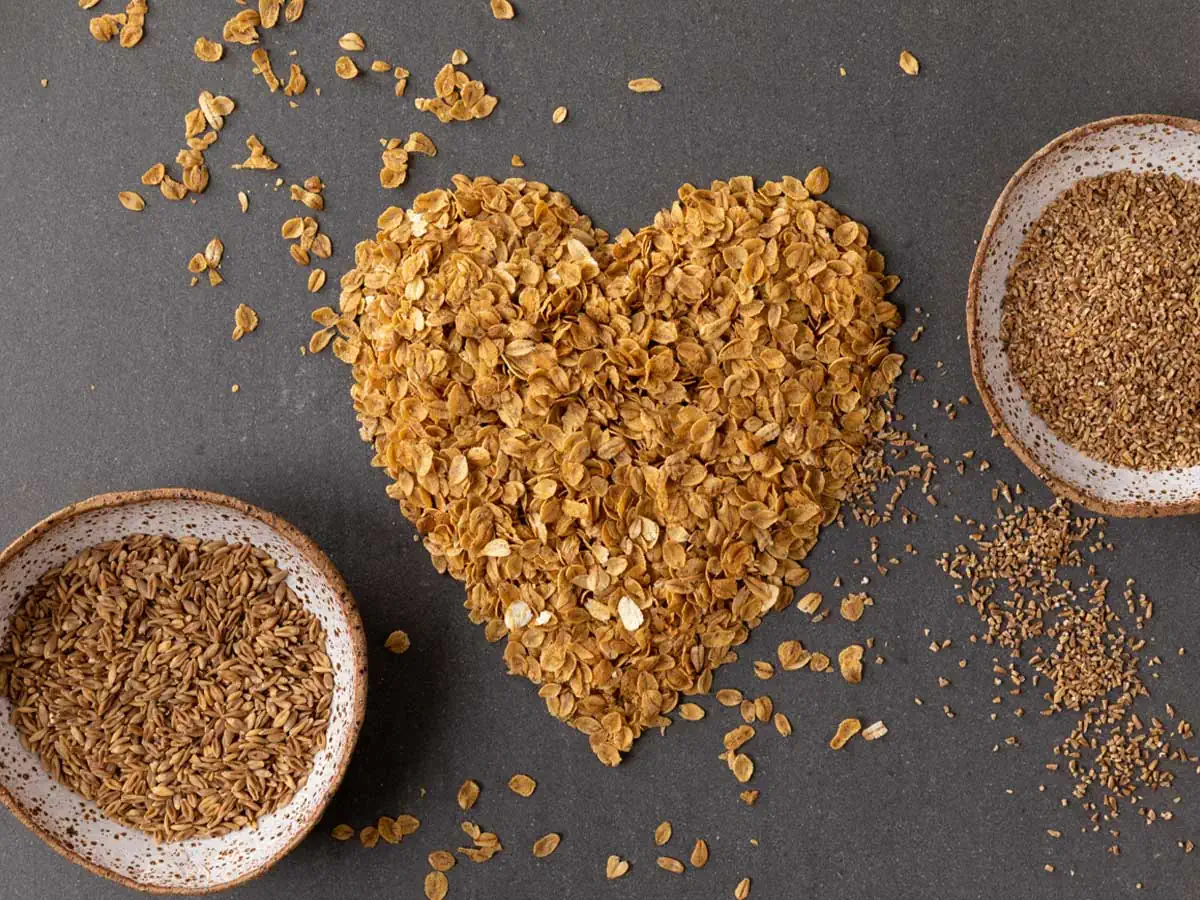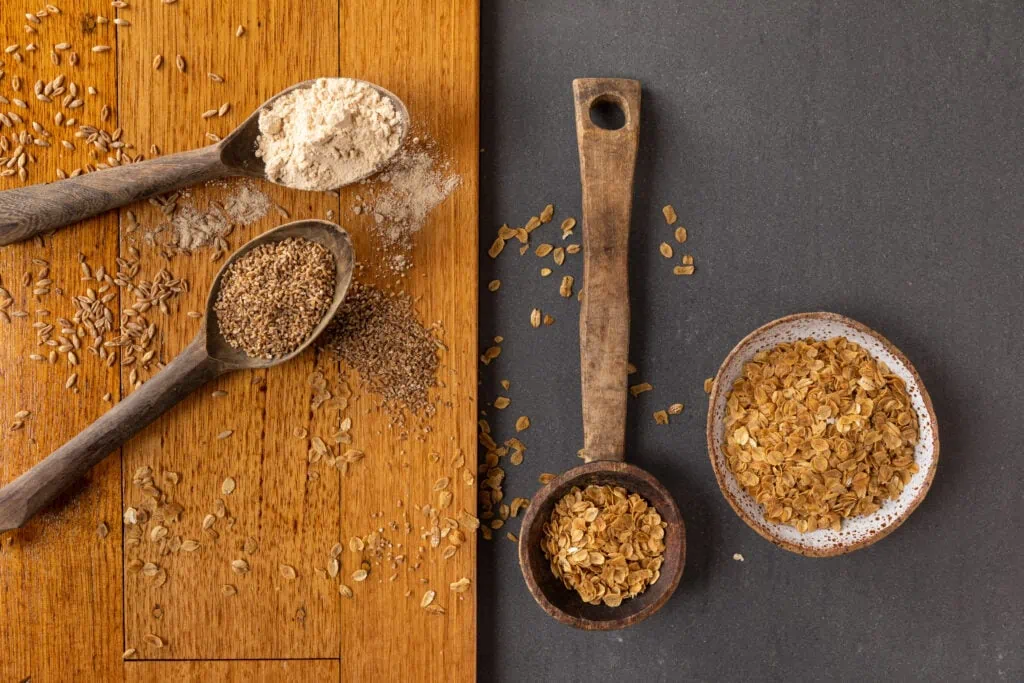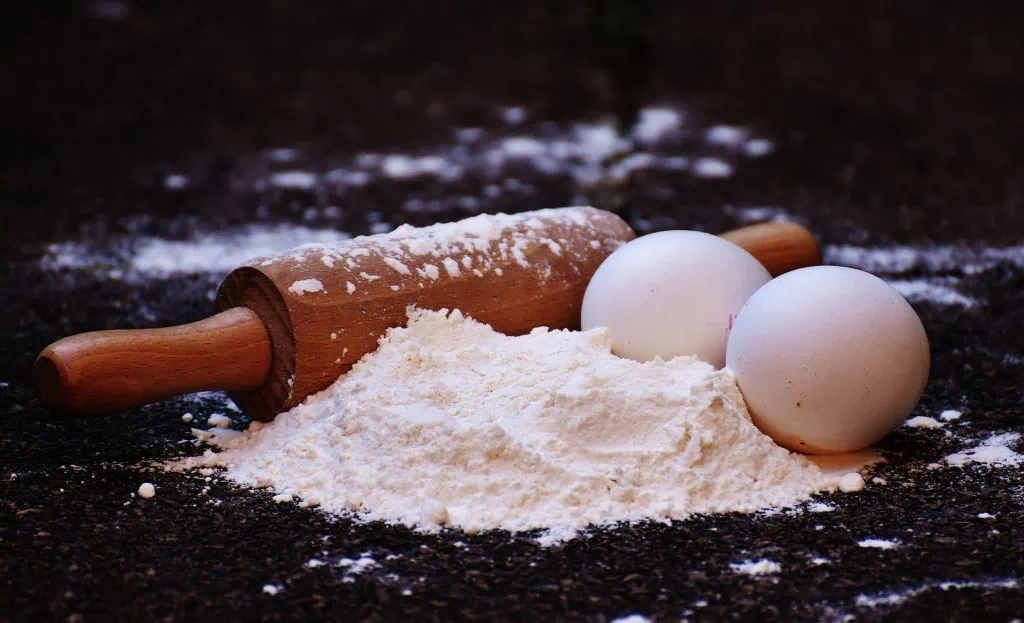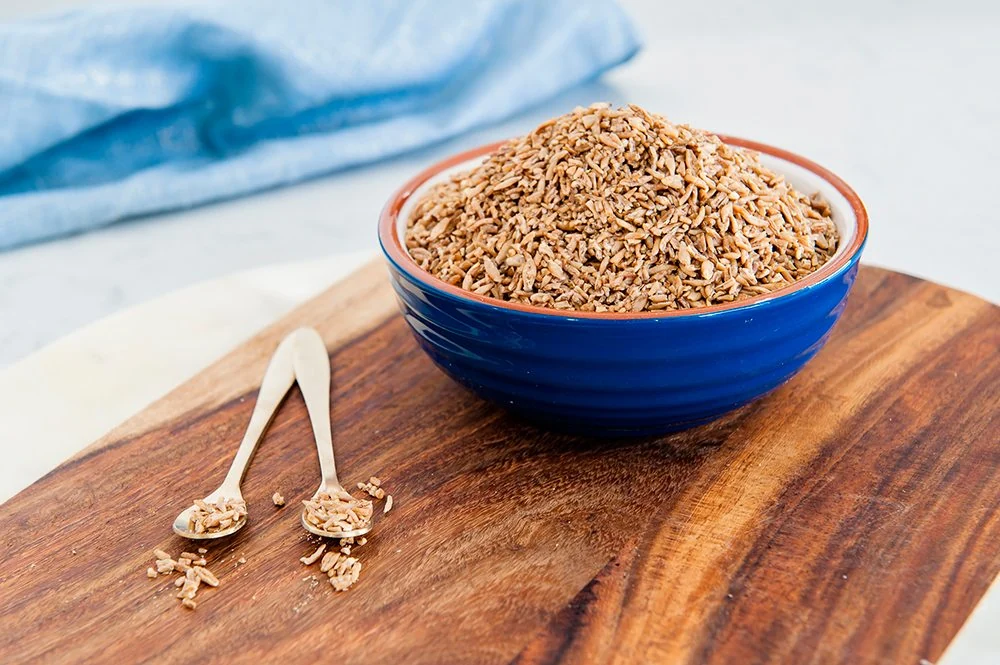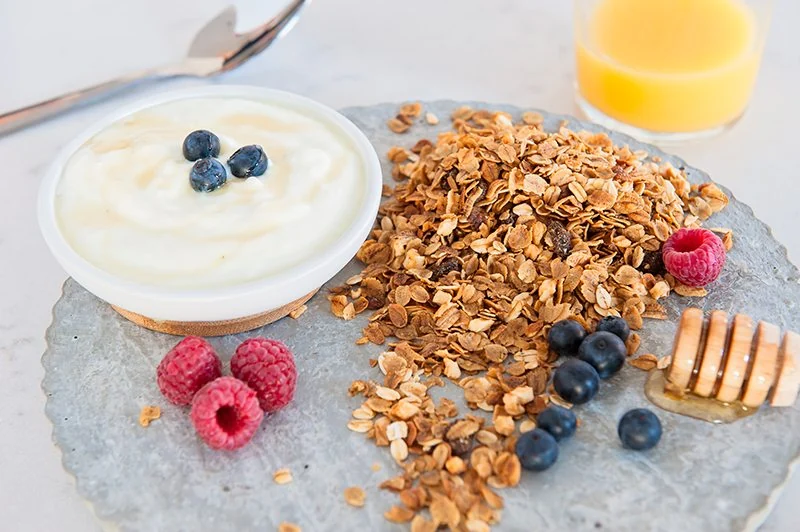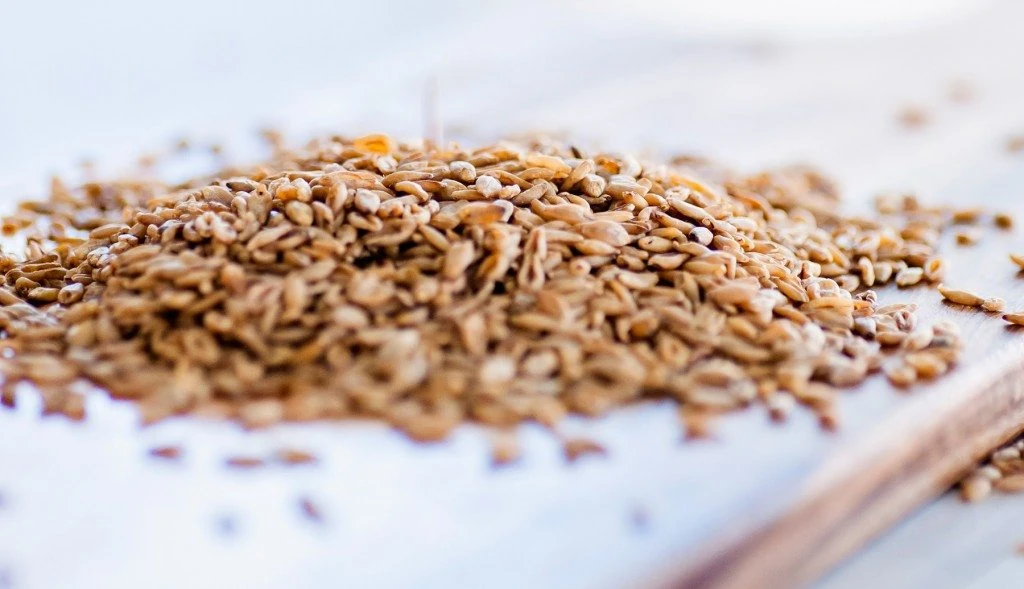
Publications that were included studied adenoma and cancer outcomes. For colorectal cancer studies, publications were included that reported all four fibre sources (cereal/grain fibre, vegetable fibre, fruit fibre and legume fibre). For adenoma studies, publications that reported on three fibre sources (cereal/grain fibre, vegetable fibre and fruit fibre) were included. The purpose was to underline different dietary fibre sources and their impact.
- For cereal/grain fibre, each 10g increase per day was associated with a 9% decreased risk of colorectal cancer. Cereal/grain fibre was associated with a 0.81 confidence level for incidence of colorectal adenoma and 1.03 for recurrent adenomas.
- For vegetable fibre, a health plateau was achieved at 7g increase per day for lowering colorectal cancer risk, and there was no consistency across all studies as to the reduced risk. However there was a 16% reduced risk in the incidence of colorectal adenomas with a 10g increase per day of vegetable fibre.
- For fruit fibre, the incidence of colorectal adenoma reduced by 22% with an increase in 10g per day of fruit fibre. However the healthful effect reaches a plateau at 5g per day increase.
- For legume fibre, each 10g increase per day was not seen to offer a consistent reduced risk in colorectal cancer.
This research highlights the helpful relationship of different dietary fibres, particularly cereal/grain fibre in reducing the risk of colorectal cancer and between fruit and vegetables fibres in the incidence of colorectal adenoma risk.
The author’s hypothesise that the association between colorectal cancer and individual fibre sources is masked by studies assumption that all dietary fibre produces the same health effect. Further, that the beneficial health effect of cereal/grain fibre may mask other dietary fibres, when the cereal/grain fibre is exhibiting the most effect.
Although recommendations for dietary fibre intake tend to focus on generic dietary fibre, and not one specific type of fibre, the evidence for colorectal cancer prevention is strongest for cereal and wholegrain fibre.

